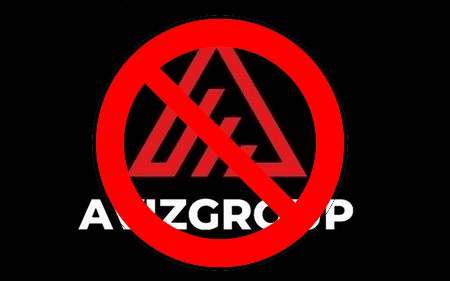What is cryptocurrency - Bitcoin, Ethereum and more
 Paul Roberts
04 / March / 22
Visitors: 690
Paul Roberts
04 / March / 22
Visitors: 690
Cryptocurrencies are the latest hype in the tech and investment world. Bitcoin and Ethereum fill the headlines and take up column space as their price trends and technological steps are watched under a magnifying glass. In addition to these two largest and most followed cryptocurrencies, there are more than 900 competitors on the market. The next largest are called Ripple and Litecoin, and new currencies are constantly emerging. In 1998, Nick Szabo developed "Bit Gold" - an electronic currency system in which actors solved and published cryptographic work and received currency in exchange. In 2009, the mysterious Satoshi Nakamoto developed the first decentralized cryptocurrency, Bitcoin, which is today the leading cryptocurrency. Cryptocurrencies cause fear and confusion among the public, but also give hope to many. Their value is not guaranteed by any single market participant; their price is determined entirely by supply and demand. Don't worry if you don't feel like an expert, as many bankers, consultants and developers also have very limited knowledge of cryptocurrencies.
Digital money needs accounts, balances and transactions to function. The problem with each payment network is to prevent double consumption, so that the operator cannot use the same amount twice. In banks, this problem is solved by a central server that stores the data as balances. In the distributed network, this server does not exist. Each operator of the distributed network is required to maintain a database. Each network operator must have a list of each transaction carried out on the network in order to check whether future transactions are eligible. If network operators disagree with a single balance on the network, the entire system is corrupted. At banks, an audit would clear up the situation and bring balances back up to date. Satoshi Nakamoto showed that this is also possible in virtual, distributed networks without a single controlling party. Cryptocurrencies were born out of this insight.
Cryptocurrencies are, at their simplest, restricted transactions in a database that no one can change without meeting certain requirements. This, in fact, makes it possible to define all currencies. All money is accepted transactions in some kind of database of account transactions, accounts and balances.
What is Bitcoin?
BITCOIN (BTC) is an open-source digital currency. It has garnered attention in recent years as the first major digital currency. Bitcoin was founded in 2008 by a person or entity using the pseudonym Satoshi Nakamoto. The nickname hardly belongs to any person, so the identity of the creator of Bitcoin is a secret. Bitcoin functions as a peer-to-peer network, where individuals can transfer Bitcoin currency to each other without intermediaries through a virtual wallet. In February 2015, the total value of the Bitcoin Reserve was approximately EUR 2.7 billion.
Bitcoin works without a government or a single centralized entity. The US government has categorised Bitcoins as a non-centralized virtual currency. Bitcoins are also often referred to as cryptocurrencies. It is the largest digital currency by market capitalisation. According to the Bank of Finland, Bitcoin does not meet the criteria of an official currency or payment instrument according to the Payment Services Act, so it is not defined in Finland as money but as a means of exchange.
Bitcoins are created online as a byproduct of the creation process. This creates a financial incentive for creators to maintain the Bitcoin peer-to-peer network and its security with their computing power. Extraction is used to create a blockchain, which is a public accounting database. This database contains all Bitcoin transfers through the ages. Extraction is a technically complex process that uses huge amounts of computing power worldwide. Mining bitcoins is by far the most computing power project in the history of the internet. 25 new Bitcoins are mined every ten minutes and this number decreases over time until all Bitcoins are in circulation.
The value of bitcoins compared to official currencies is determined by supply and demand. Bitcoin's design is based on the guarantee of anonymous ownership and value transfer. They can be deposited on a personal computer in a virtual wallet or held with a third-party service provider. In either case, bitcoins can be sent over the internet to anyone with a bitcoin address.
The number of software programs and virtual wallets available to users on the Bitcoin network is steadily growing. For example: easywallet.org and blockchain.info provide Bitcoin services that you should check out if you are interested in Bitcoins. There are many other actors, but the above two are among the most popular.
We have compiled a complete Bad Reputation Brokers.

Paul Roberts
Paul Roberts 51 years old Born in Edinburgh. Married. Studied at University of Oxford, Department of Public Policy and Social Work. Graduated in 1997. Works at Standard Life Aberdeen plc.






